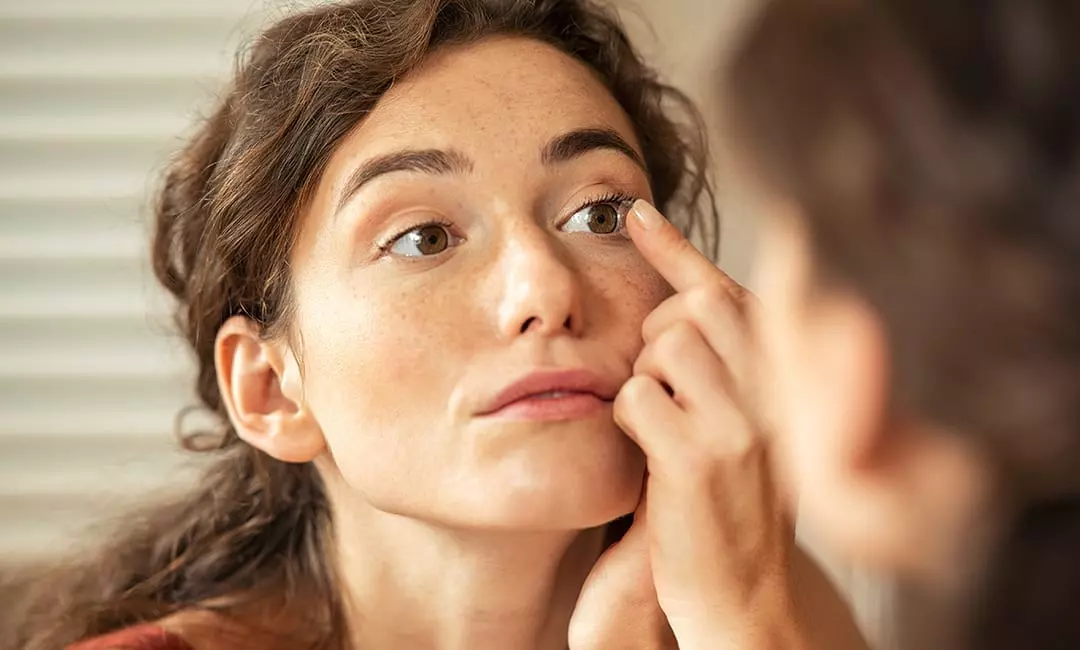
The Difference Between Exams: Comprehensive vs. Contacts
Routine comprehensive eye exams, scheduled annually, are important for several reasons. These general exams help determine if you need vision correction, search for eye issues, detect health conditions like diabetes, and more.
However, if you are interested in wearing contacts, a contact lens exam is different—and necessary.
One Size Does Not Fit All
Not one eye is the same. Each one has a differently shaped cornea, the transparent part of your eye covering the pupil and iris. If the lens does not match the unique design, it can cause discomfort or even eye damage. You may even require specialty lenses if you have astigmatism or presbyopia. This is just one reason why scheduling a contact lens is important.
Contacts also require a certain amount of fluid for comfort. A tear film evaluation may occur during your contact lens exam. This test will ensure you produce enough healthy tears to keep both the lenses and your cornea hydrated throughout the day. If you face dry eye disease, you will likely need a specific contact lens that is more suitable for parched eyes.
Keep in mind, an eyeglass exam is no substitution for a contact lens exam. Eyeglasses are positioned a certain distance away from your eyes compared to contact lenses, which sit directly on top of the eye.
Trial by Contact
Following your contact lens exam, you will be provided with trial contacts to ensure that the chosen lenses provide you with clear vision and comfort. The trial contacts will allow your eye doctor to make any adjustments needed, if any, to the initial prescription.
Discover the Benefits of Contacts
Contacts are great to wear when playing sports, won’t fog up like glasses occasionally do, and can cause fewer vision distortions than glasses. Let us help you find the perfect contacts and coach you on the proper lens care and application.
Request an appointment at your nearest All About Eyes location today!
